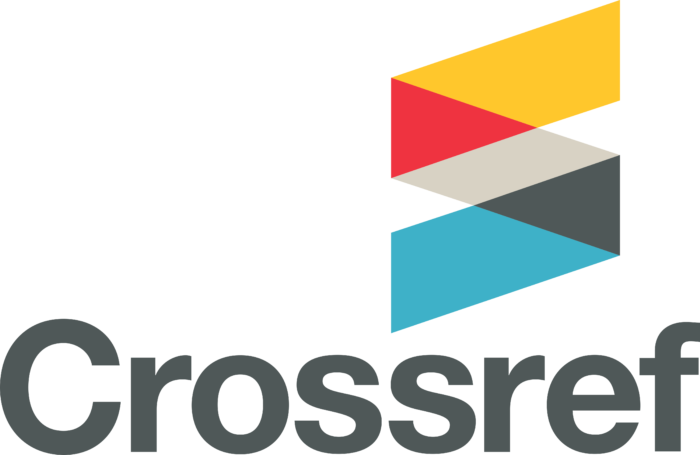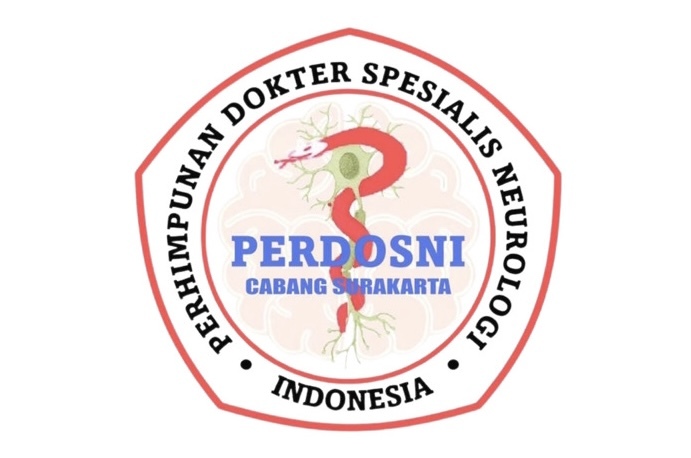Cases of Meige’s Syndrome Controlled Following Administration of Low-Dose Botulinum Toxin Type-A: A Serial Case Series
DOI:
https://doi.org/10.20961/magnaneurologica.v1i2.700Keywords:
meige’s syndrome, low dose, botulinum toxin type-A, oromandibular dystonia, treatmentAbstract
Background: Meige syndrome is a form of cranial dystonia characterised by blepharospasm and oromandibular dystonia, with a twice-fold higher prevalence in women as compared to men. The definitive pathophysiology underlying Meige syndrome remains unknown, but some studies have postulated the role of striatal dopaminergic activity. Currently, no curative treatments are available for Meige syndrome, but non-specific modalities include oral agents such as anti-cholinergics, dopaminergics, and benzodiazepines. Botulinum toxin Type-A (BoNTA) constitutes an effective treatment option in cases of Meige syndrome refractory to oral management.
Case summary: We report three cases of female patients, age 42, 57, and 61 years, presenting with complaints of blepharospasm and oromandibular dystonia. Low-dose BoNTA injections were administered, 10 units total weekly divided into the orbicularis oculi, corrugator supercilii, frontalis, procerus, nasalis, zygomaticus, mentalis, dan risorius, and orbicularis oris areas. Following repeated administrations of BoNTA injections, the three patients no longer experience symptoms up till now.
Conclusion: The authors report that low-dose BoNTA injections are effective in ameliorating dystonic symptoms associated with Meige syndrome, with low incidences of side effects.
Downloads
Published
Issue
Section
License
Copyright (c) 2023 Retno Jayantri Ketaren, Jacqueline Tasha Margono, Reza Stevano

This work is licensed under a Creative Commons Attribution 4.0 International License.
This is an open-access article distributed under the terms of the Creative Commons Attribution 4.0 International License (https://creativecommons.org/licenses/by/4.0/).















